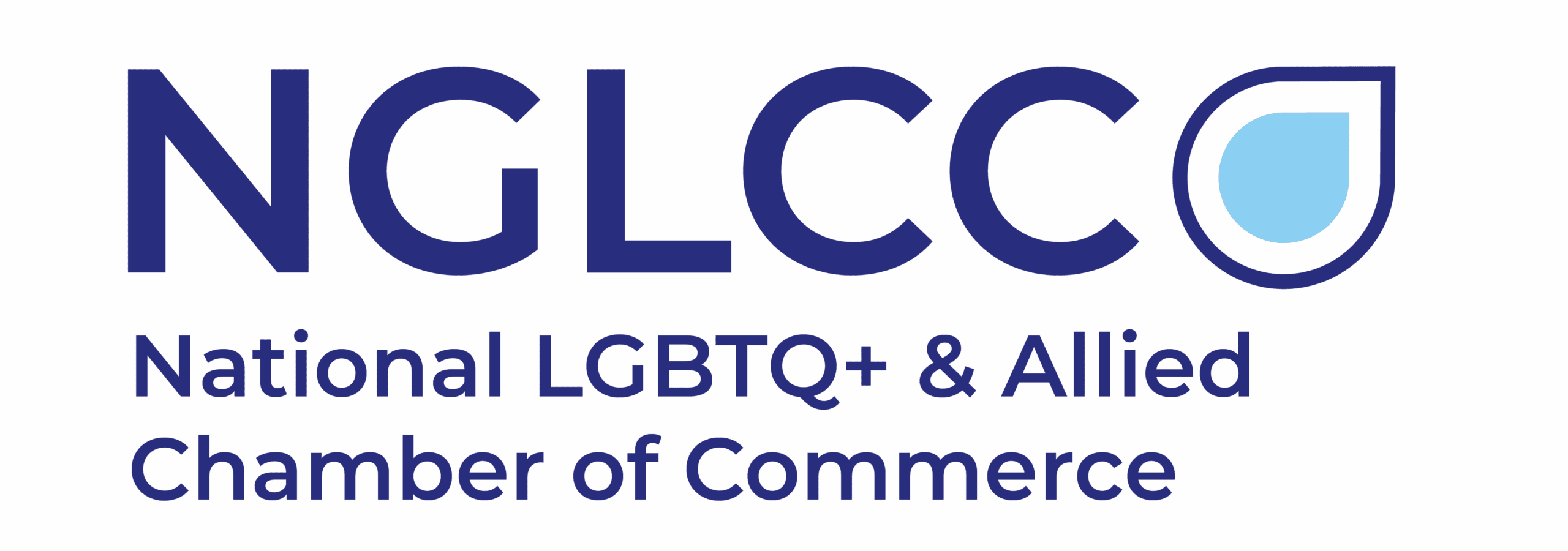
This month, more than 2 million people descended on São Paulo, Brazil for the annual Pride Parade – making it not only one of the largest tourist attractions in the city but also one of the largest LGBT Pride events on the globe. As it is across the world, Pride in São Paulo is a time to celebrate the hard-fought progress for LGBT Brazilians, as gained through numerous activists and organizations. One of those organizations in celebration was the Brazilian LGBT Chamber of Commerce and Tourism, an affiliate chamber within the NGLCC Global network, who focuses on expanding opportunities for LGBT business owners and people throughout the country.
In April, the Brazilian LGBT Chamber of Commerce and Tourism hosted the second International Conference on LGBT Diversity and Tourism. Chamber President, Ricardo Gomes, underscored the importance of using a chamber model to promote social change: “We are a Chamber of Commerce, but we do not just want to promote or talk about business…we support the promotion of jobs and many other areas that we believe are of paramount importance for the construction of a more just and equal society.” With social change in mind, the conference convened corporations, LGBT business owners, other affiliate LGBT Chambers of Commerce in the NGLCC Global network, government officials, and human rights activists for four days of programming to discuss the challenges, as well as opportunities, for LGBT Brazilians.
Maite Schneider, one of the Co-Founders of the organization Transempregos, spoke about her organization’s work to combat labor market discrimination against transgender Brazilians. Despite a 2018 legal victory through the Supreme Court, which ruled that the government can no longer complicate a trans person’s ability to change their name and gender marker on official IDs, discrimination and violence are still a glaring problem for transgender Brazilians (see Rede Trans, who documents at least 144 deaths against trans people in 2016 alone – the highest recorded number in the world). Regarding discrimination, Schneider’s organization seeks to combat this problem by providing opportunities with trans-inclusive companies. In this, companies can advertise job listings on the Transempregos (Trans Employment) website, which gives the organization the ability to connect transgender job applicants with employers.
Also during the conference, the Brazilian Micro and Small Enterprises’ Support Service unit within the government, Sebrae, highlighted the economic power of the estimated 18 million LGBT Brazilians and noted ways in which the agency supports LGBT entrepreneurs. For example, Sebrae’s research found that over 78% of LGBT Brazilians have a credit card and that the LGBT Market in Brazil is approximately $75 billion USD. To better support LGBT business owners to scale-up their operations, it is crucial to be involved in a network that supports the growth of an LGBT business owner, such as the Brazilian LGBT Chamber of Commerce and Tourism.
In Brazil, the challenges, as well as successes for LGBT Brazilians, are equally real. For example, Brazil’s national Council of Justice ruled that same-sex couples should not be denied marriage licenses, allowing same-sex marriages to begin nationwide. However, Brazil has also seen a rise in violence against LGBT people in Brazil. In 2017, there were at least 445 LGBT Brazilians who died due to violence driven by homophobia or transphobia, according to research conducted by Group Gay de Bahia. Specifically, regarding the social and economic empowerment for LGBT Brazilians, the Brazilian LGBT Chamber of Commerce and Tourism will continue to support economic empowerment and inclusive economic growth for LGBTI Brazilians – and NGLCC will stand by them as they host their third international conference.
